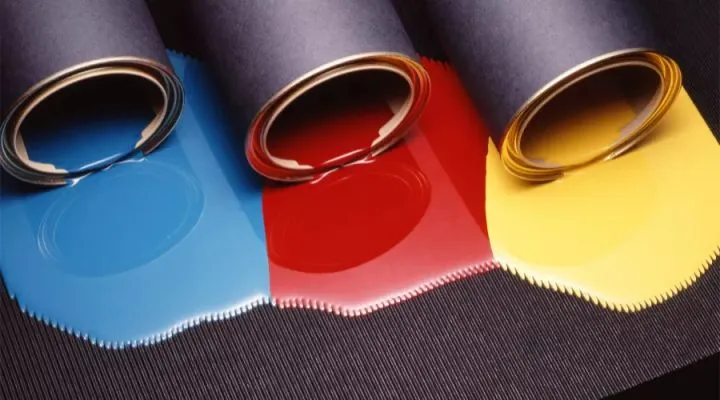
The Versatile Applications of Cellulose Derivatives in Modern Industries
Cellulose derivatives have become essential raw materials across multiple industries, from food production to construction and pharmaceuticals. As sustainable and biodegradable options, they are highly valued for their functional properties and environmental benefits. Whether you are sourcing microcrystalline cellulose for sale or exploring innovative uses of microfibrillated cellulose, understanding these materials' versatility is key.

Exploring Cellulose-Based Products and Their Uses
Cellulose is a natural polymer found in plant cell walls, and its derivatives have been engineered to serve specific industrial purposes. One of the most widely used is carboxymethyl cellulose, which functions as a thickener and stabilizer in food and cosmetic formulations. In fact, carboxymethyl cellulose in food applications includes ice cream, sauces, and baked goods, where it improves texture and shelf life.
For packaging solutions, cellulose packaging is gaining popularity as an eco-friendly alternative to plastic. It is biodegradable and suitable for food-grade applications, aligning with global sustainability goals.
Another advanced derivative, microfibrillated cellulose, offers excellent reinforcement properties in composites and coatings. It is also used in personal care products for its smooth, silky feel. In woodworking, cellulose sanding sealer provides a perfect base for finishing, enhancing wood grain and creating a smooth surface.
In pharmaceutical and construction applications, polymers like methyl hydroxyethyl cellulose and hydroxypropyl methyl cellulose are crucial. These materials improve viscosity, film formation, and water retention in products like tablets and adhesives.

Manufacturing and Solubility Considerations
When choosing suppliers, it’s vital to consider the quality and consistency provided by top microcrystalline cellulose manufacturers. They ensure that the raw material meets strict industry standards for purity and performance.
A key factor for formulators is whether a cellulose derivative is selulosa larut dalam air. Water solubility enables easy incorporation into aqueous systems, which is desirable for food, cosmetics, and pharmaceutical applications. Other derivatives, like hydroxy propyl methyl cellulose succinic anhydride, are engineered for specific solubility and functionality in controlled drug delivery systems.
Additionally, carboxylic methyl cellulose is another variation used for thickening and stabilizing. For builders and manufacturers, hec cellulose (hydroxyethyl cellulose) is valued for its performance in paints, coatings, and construction adhesives, offering excellent rheological control.
Top 5 Cellulose Derivatives FAQs
Q1: What is microcrystalline cellulose used for?
A1: Selulosa mikrokristalin is widely used as a binder and filler in tablets, food products, and cosmetics due to its excellent compressibility and stability.
Q2: Is carboxymethyl cellulose safe for food applications?
A2: Yes, carboxymethyl cellulose in food is FDA-approved and considered safe as a food additive for thickening, stabilizing, and improving texture.
Q3: What makes cellulose packaging eco-friendly?
A3: Cellulose packaging is biodegradable, compostable, and derived from renewable plant fibers, making it an excellent sustainable alternative to plastic.
Q4: How is microfibrillated cellulose different from microcrystalline cellulose?
A4: Microfibrillated cellulose has a high aspect ratio and is used for reinforcement in composites, while microcrystalline cellulose is mainly a powder used as a filler and stabilizer.
Q5: Where can I find reliable microcrystalline cellulose manufacturers?
A5: Leading microcrystalline cellulose manufacturers in China and globally supply high-purity materials that meet international standards for pharmaceutical, food, and industrial uses.
-
Wholesale Water Reducing Admixture for Special Cement: Performance, Benefits, and ApplicationsNewsAug.22,2025
-
Understanding Redispersible Polymer Powder: Types, Applications, and BenefitsNewsAug.22,2025
-
Understanding Gypsum Retarders: Applications, Benefits, and Industry UsesNewsAug.22,2025
-
Understanding Antifoaming Agents: Types, Uses, and ApplicationsNewsAug.22,2025
-
Polyvinyl Alcohol and Polypropylene Fiber Solutions for Construction and IndustryNewsAug.22,2025
-
Hydroxypropyl and Hydroxyethyl Starches: Properties, Applications, and Industry UsesNewsAug.22,2025





















